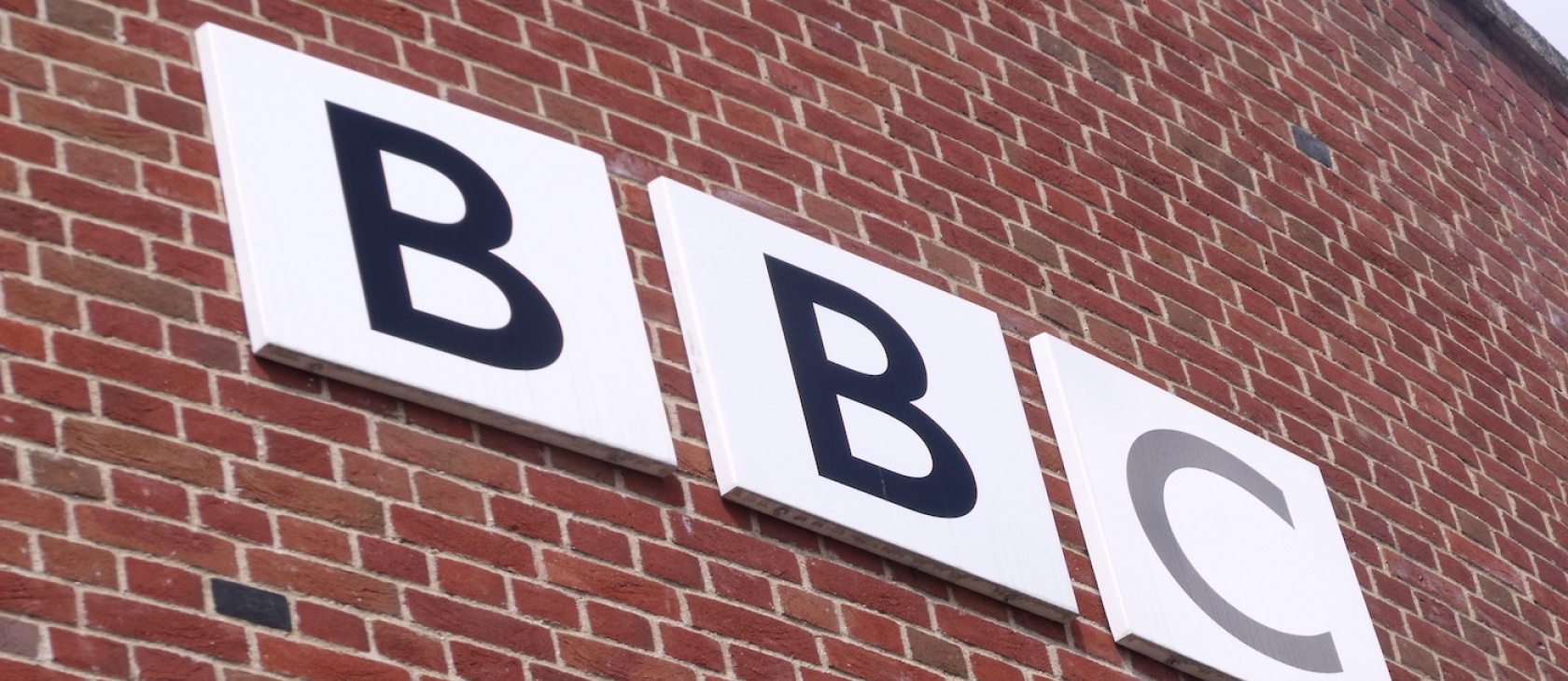The British Broadcasting Corporation is funded by a near-compulsory tax of £154.50 ($200 U.S.) on everyone who watches the BBC live or uses the BBC iPlayer. The BBC’s chairman, Sir David Clementi, argued in a recent speech that changing the licence-fee arrangements would damage the fabric of the British nation.
Give me strength.
The BBC is a taxpayer funded monopoly
Until relatively recently, simply possessing the receiving equipment made a person liable for the fee. We are supposed to be grateful that is no longer the case.
However, a TV set is not needed. Anyone who watches a BBC programme on a phone without a licence is committing a criminal offence. Those who fail to pay face criminal prosecution. In 2018, more than 120,000 people were convicted. Five people were jailed for failing to pay the fines imposed in this so-called free nation.
The BBC represents a monopoly business model in which the liberal values of the metropolitan elite are assumed to be vital to the life of the nation. A model which encapsulates more freedom, both economic and political, would put this assumption to the test.
Public service broadcasting is a misnomer
The BBC is built on the principle of “public service broadcasting.” But this is a misnomer.
Legislation imposes certain public service obligations on a range of commercial providers, as well as the “public corporation” of the BBC. Public ownership, then, is not a prerequisite for regulatory obligations.
The way in which the public service broadcasting responsibilities of the BBC are articulated by the corporation itself includes the advancement of knowledge and culture, impartial news coverage, creativity, and distinctive contributions that would not be otherwise provided, including commitments to children’s television and religion. But who decides the cultural framework to promote? This “nanny knows best” approach has led to an all-pervasive arrogance at the BBC. This was made manifest most explicitly in the 2016 referendum to leave the European Union and in the 2019 General Election in two particular ways.
The first of these is bias. The BBC has long since given up any pretence of impartiality. In the run-up to the Brexit referendum – and in the three long, tortuous years that followed – the BBC did everything it could to promote the “Remain” position and seek to undermine the referendum’s “Leave” result. I remember the shock when it became clear on the night of the Brexit referendum that the wrong side had won. The veneer of impartiality continued with the 2019 General Election. Yet the BBC showed bias through the guests featured on their programs, the fundamental imbalance on such political panel programmes as Question Time, and the promotion of “Project Fear.”
Prime Minister Boris Johnson declined to be interviewed by one of the BBC’s political analysts, and the government decided to boycott one of the prime-time BBC political affairs programmes (the Today show) due to constant interruption and bias. When Boris Johnson decided to address the nation on the UK’s departure from the EU independently, the BBC refused to air his address. The network’s much-vaunted public service broadcasting obligation does not seem to extend to the Prime Minister addressing the nation on the occasion of the biggest constitutional change in nearly 50 years. This is especially true when the people gave the wrong answer and then proceeded to elect the wrong Prime Minister. Yet millions watched anyway.
The second display of BBC arrogance comes in its acceptance of certain values and its rejection of others. The BBC is simply incapable of contemplating the idea that ordinary working people, who live away from the centres of power, prefer freedom to socialism. The BBC defines culture as the values of the metropolitan elites, knowledge as the conventional wisdom of academics and intelligentsia, and creativity as the exclusive preserve of London insiders destroyed by the Referendum and the last election. Any values that conflict with these are branded as low-brow “populism.” Needless to say, faith is chief among the values rejected.
The BBC chairman insists that royal occasions will not be broadcast to the UK without his efforts. And what about the children? Who will cater to their mental needs?
Well, why don’t we try some competition? Maybe a full-time children’s channel might develop? And which broadcasters would like to bid for the rights to broadcast a royal wedding?
By the same token, maybe not all the current BBC channels are needed. We don’t know, because there is no market. The BBC broadcasts the proceedings of Parliament. So does Parliament itself. We pay for both through compulsory levies: the licence fee and general taxation. Perhaps we only need one broadcast of Parliament? Let the market decide.
Time for change
It is time to try a different model, one that embraces freedom and consumer choice. It would allow the market to set prices and reflect consumers’ values.
The BBC’s channels could compete with others through a subscription model. If the consumer wishes to watch what the BBC is offering, then he or she would be willing to pay for it. If we do not wish to pay for what is on offer, that would indicate that the BBC is offering the wrong product.
The market could let consumers pay a subscription for a channel or to view a programme a single time. But the BBC’s monopoly model dictates that even if you do not watch, you still have to pay.
To continue with the current model is anti-competitive, denies freedom and choice, and privileges one broadcaster by insulating it from competition in the market. The idea of a compulsory tax as the basis of payment for television broadcasting is a concept well past its usefulness.
The UK needs to embrace its new-found freedoms. Dismantling state monopolies would be a good start.
(Photo credit: Elliott Brown. This photo has been cropped and modified. CC BY 2.0.)




